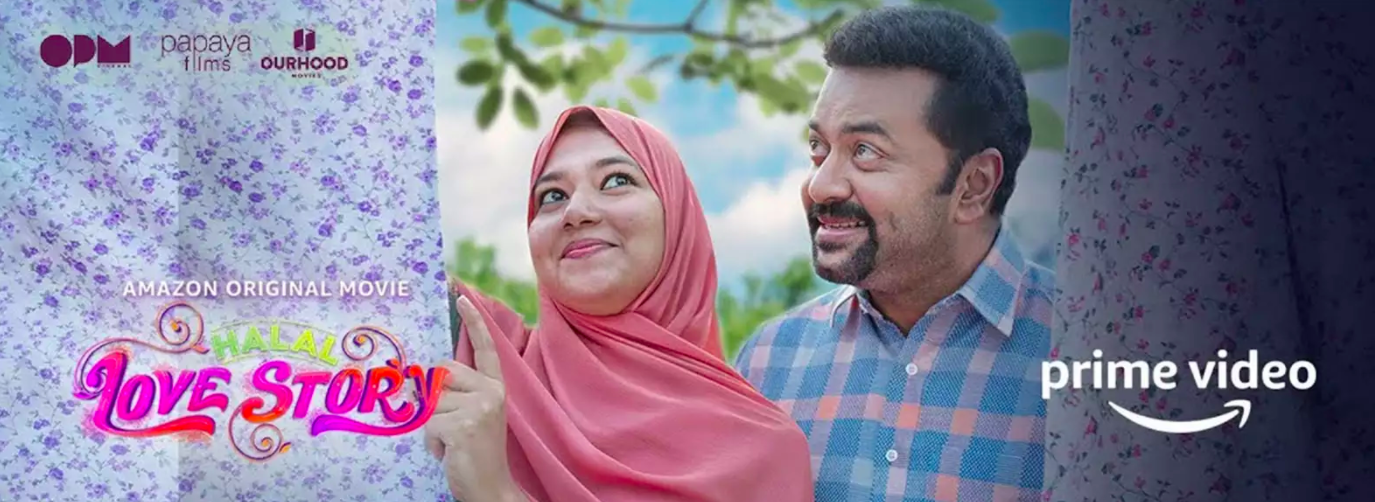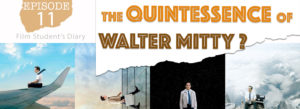Instead of reviewing the movie Halal Love story, let us try to reverse-engineer a scene (within a scene) from the movie.
Cinema-lovers within an orthodox Islamic community decides to do a telefilm, keeping it strictly abiding within all the restrictions they are bound to. Yes, a Halal telefilm. (For those who don’t know, Halal is something that is permissible and Haram is something that is forbidden in accordance with the strict Islamic code of conduct.)
Does this movie praise such a narrow-minded life sticking to the rigid centuries-old belief system? No! It is obviously trying to point out its inadequateness in this modern world. But the makers are aware of the thin narrow line between sarcasm without hurting someone’s sentiments and the offensive jokes. Being representatives of the community, director Zakaria Mohammed and co-writer Muhsin Parari were too careful enough to portray that the innocence is forcing such a community to stick to their ideologies. At the same time, it is a brilliantly made satire on the rigid thoughts and obsessive orthodox restrictions.
The paradigm of the movie clearly gives us expectations that protagonists Sheriff (Indrajith) and Suhra (Grace) will have to act in some scenes which would wedge a gap between them or even they will have to act in contrary to what is going on in their real lives. These expectations are not broken with “twists” but still, it never makes us disappointed. Because the scenes within the scenes were not lazily engineered.
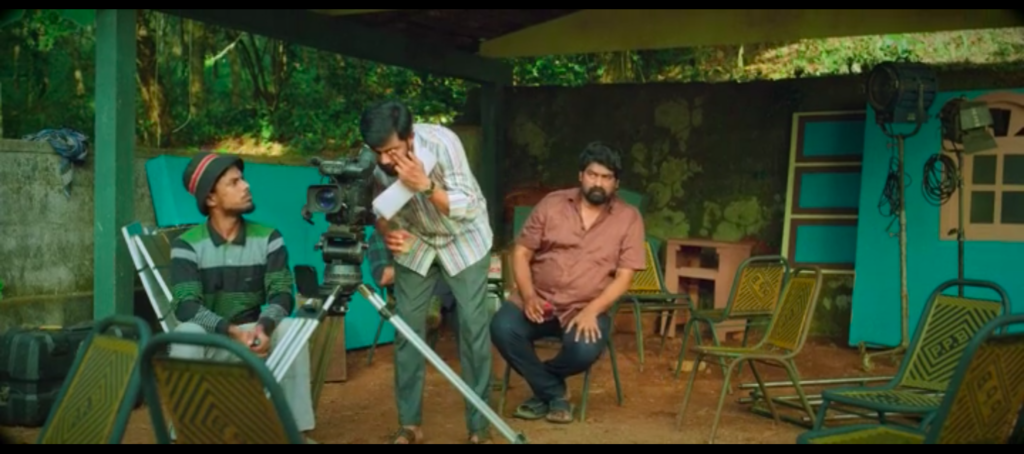
In one scene, when they are shooting a scene for the telefilm, Sheriff and Suhra goes off screenplay and improvises their dialogues to debate. Siraj (Joju) who is directing the telefilm is going through a custodial battle for his daughter. So he understands that their lead actors Sheriff and Suhra are going through some marital problems and it is getting worse since Sheriff is not making an effort to address it properly. Thoufeeq, who wrote the screenplay for the telefilm, dismisses this finding and says there is nothing wrong with them but they are just behaving as their characters. Also, Toufeeq praises that the intense workshop conducted to train the actors is finally paying off. So Siraj asks Thoufeeq to observe Sheriff and Suhra through the camera lens. He sees that Suhra picks a date fruit from the plate and offers it to her husband. At this moment, Thoufeeq asks the camera attendant to Zoom in, and when the magnification changes, though he doesn’t even get to see their expressions he sees their hands are behaving. Sheriff neglects the offer rudely and takes a small piece of coconut from the plate to eat. Suhra slowly withdraws her hand. This close-up visual he sees through the lens makes him realize that the husband and wife are having some communication issues.
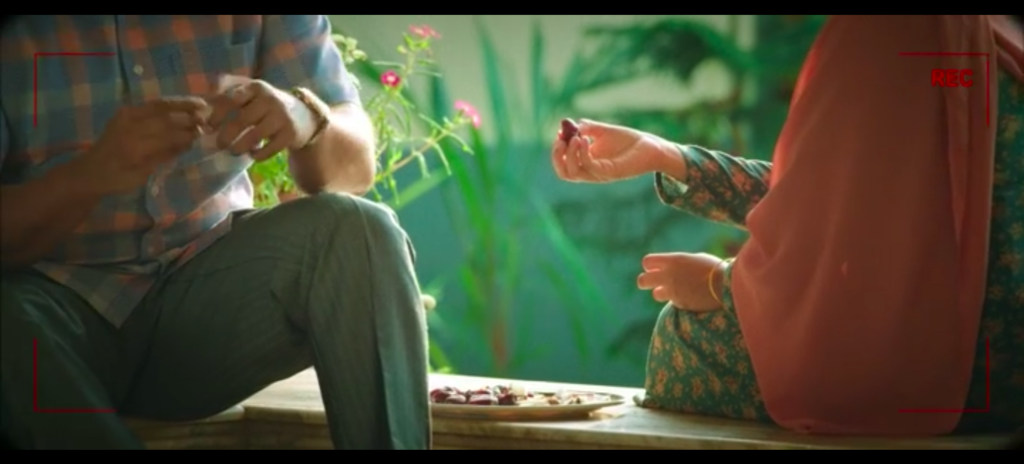
Here Siraj asks Thoufeeq to solve their marital problems and adds that if the director is getting involved, it will ruin their acting performance and the rest of the telefilm itself. But instead, if the writer is getting involved it will affect only the writer but not the cinema. He jokes that the movie writer is long dead.
If you think about it another way, once the principal photography begins, the director is rewriting with visuals, what the writer has written on paper.
This multi-layered scene is an instance that would make the audience laugh. But then those who would think about it afterward can figure out the correlation with the cinema. The camera which can magnify the reflection of life, aided even an inexperienced bachelor to observe and learn about the marital issues between a couple. We, the audience knew it before this scene, because we have been seeing the reflection of the lives of Sheriff and Suhra through various magnifications. So we are well aware of what they have been thinking all along. This is the power of the camera and cinema. If we were outsiders who would get an opportunity to live with Sheriff and Suhra, they might pretend like a typical couple with no issues. But since we get to observe them through visuals which were captured through the camera, we learn more about them in a larger than life manner.
‘Cinema within a cinema’ is a common archetype, but most of them simply portray the dramas which occur in the lives of those who make cinema. Through the minute details like vignettes (dark edges in every frame) till these simple scenes, Muhsin Parari and Zakaria Mohammed utilized the cinema within a cinema more than ever and the cinema milieu is explored on multiple layers. Grace Antony, Joju, Sharafudheen, Nazar Karutheny, and Indrajith performed their roles well and made this take on beliefs and marriages more heartwarming than ever.
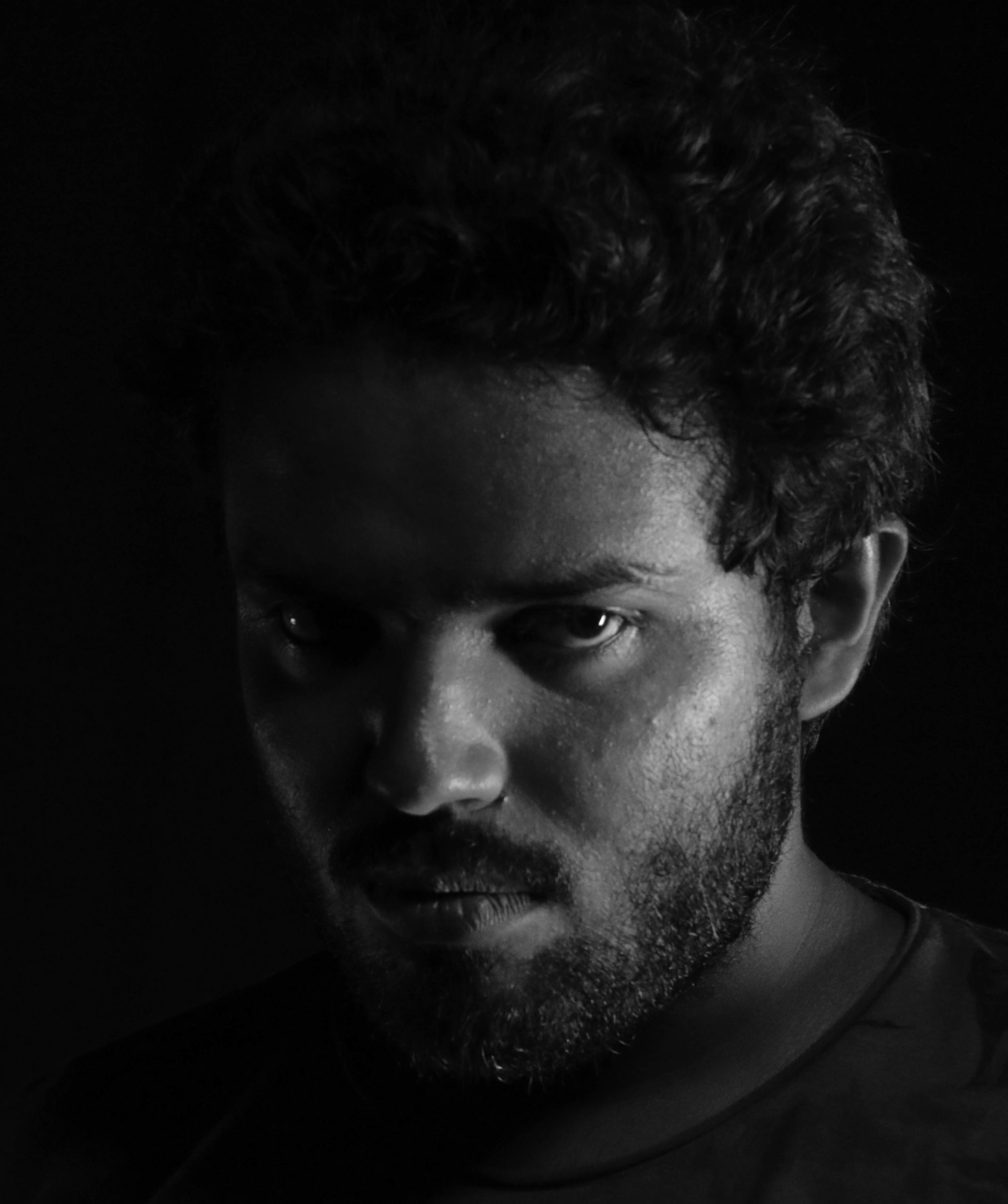
He was institutionalised for 6yrs in a Film Institute, to forget about the 4yrs which an Engg college stole. Inveterate dreamer who dreams to utter Spielberg’s words, “I dream for a living.”
